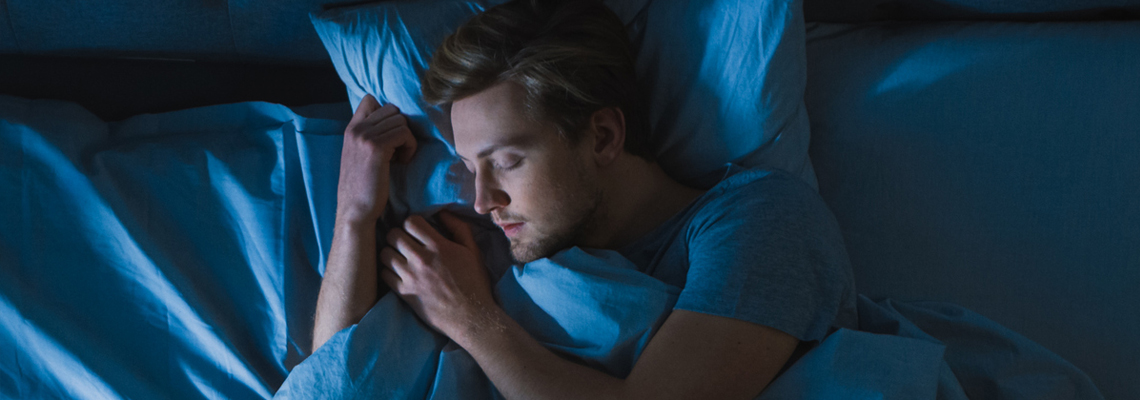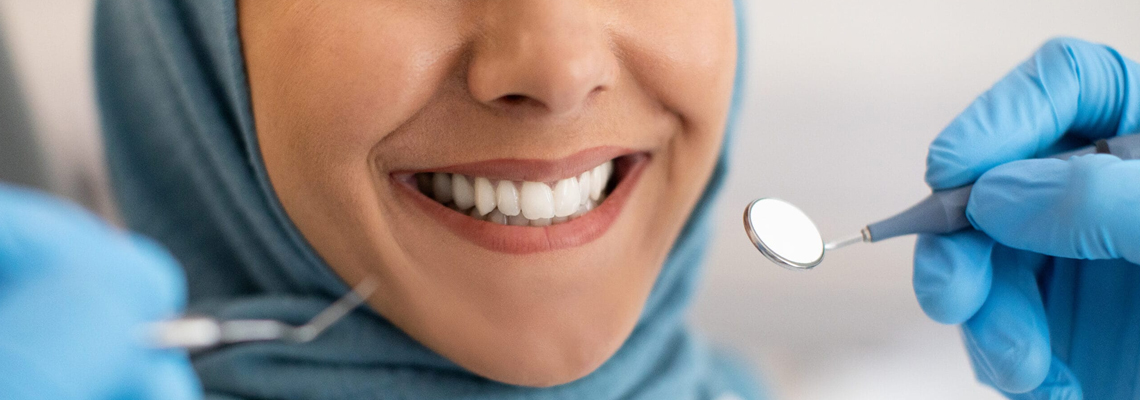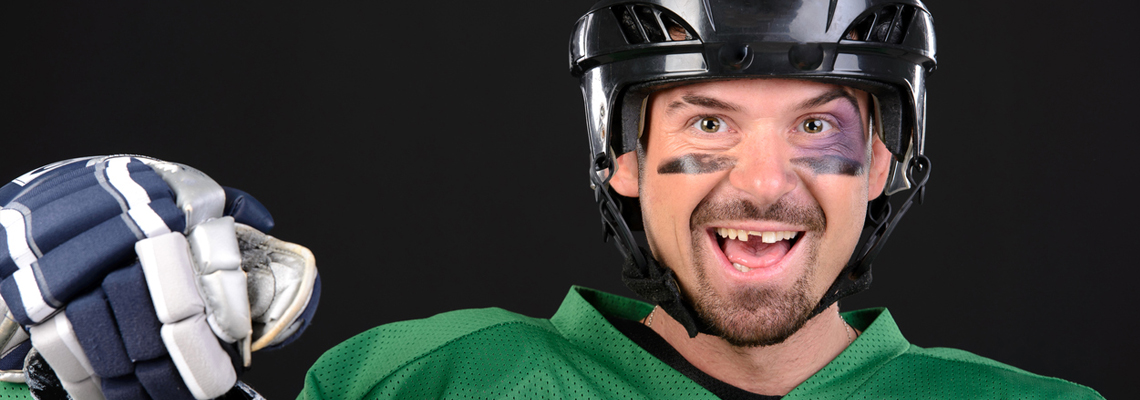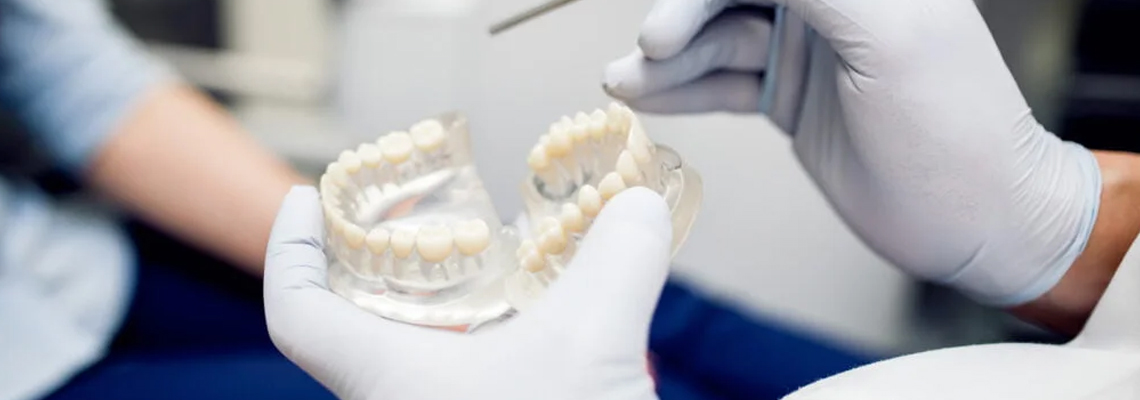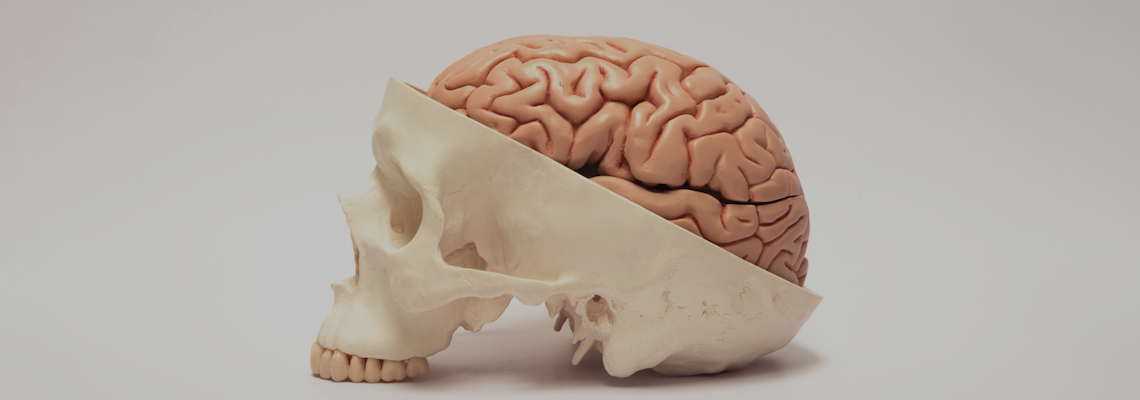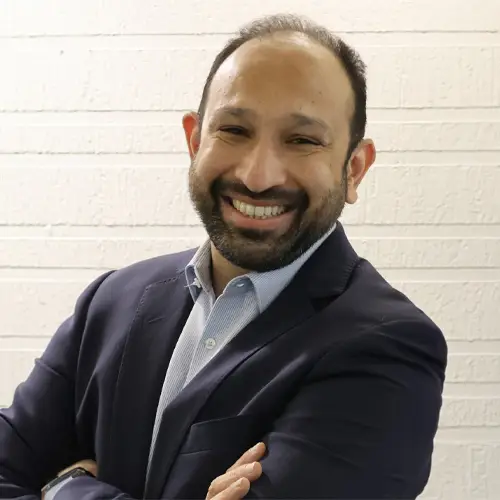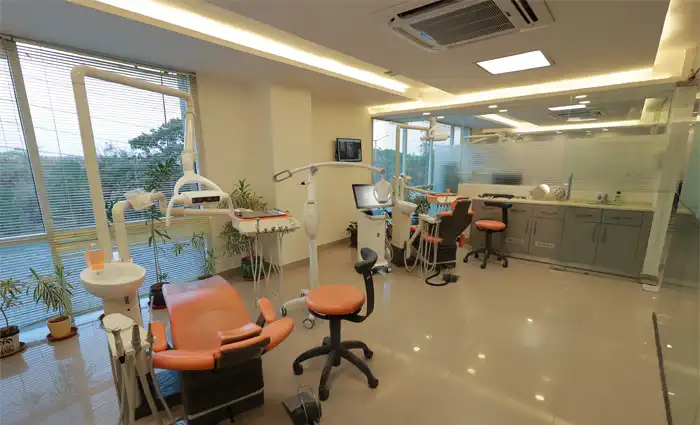Ah, nighttime: the end of the day, the end of work, and hopefully a good night’s sleep. But did you know that things are still going on in your mouth all night, even though you’re sleeping? The doctors at Dr. Motiwala Dental Clinic & Implant Centre in Hyderabad shed some light on what’s going on inside your mouth while you sleep.
Dry Mouth
Your body makes less saliva at night than it does during the day. This is to keep you from choking. This is a common reason why people have dry mouth. Dry mouth can be a little painful and make you get more teeth and bad breath. It’s fine and normal to have less saliva at night, but it’s important to brush and floss before bed to take care of your mouth health.
Most of the time, saliva washes away food particles that can cause plaque and bad breath. It’s best to go to bed with a clean mouth. Dry mouth can cause pain in your mouth and throat. Keeping a glass of water by your bed can help ease the pain.
Bruxism
You might have bruxism if you wake up with a headache or sore mouth, or if you can see that your teeth are worn down and broken. Bruxism, which is also called “grinding your teeth,” is a very common way that stress shows up in the body. People grind their teeth for many different reasons, including:
- Crooked teeth or a abnormal bite
- Sleep problems
- Missing teeth
- Drinking and Smoking
If you wear a nightguard while you sleep, you can avoid the side effects of teeth grinding.
Sleep Apnea & Snoring
Sleep apnea happens when you stop breathing or don’t breathe regularly while you sleep. Snoring can be a sign of sleep apnea, but not all cases are the same. Some cases of sleep apnea are caused by problems with your brain and how it controls your breathing, which is an important function. Sleep apnea can also be caused by things that block the mouth, like:
- Large tonsils
- Your throat’s soft tissues have fallen apart
- Allergies are making your lungs clog up
Sleep apnea is more likely to happen if you are a man who is older and overweight. Talk to your dentist or doctor about your sleep apnea, no matter what caused it. Sleep apnea can lead to a number of other health problems, such as fatigue, high blood pressure, heart problems, diabetes, and sadness. Some ways to treat sleep apnea are:
- Changing the way you sleep
- A Continuous Positive Air Pressure (CPAP) system
- Oral appliances that keep the airway open
- Surgery to fix mouth tissues and help air flow
Morning Breath
Sad to say, not everyone wants to wake up and have a morning kiss with their partner like in the movies. Halitosis, or bad breath, is usually worse in the morning, and it can be very annoying. Normal bacteria in your mouth become more active overnight. They eat and break down proteins in your mouth.
When bacteria eat, they make a sulfur gas that can smell like rotten eggs. Normally, saliva washes away germs and neutralizes the smell, but when you sleep, you make less saliva, so the smell can really get bad. This is why you should brush your teeth, floss, and only drink water right before bed.
Sleep & Oral Health
Did you know that going to the doctor regularly is good for your health and well-being as a whole and can even help you sleep better? Come see us at Dr. Motiwala Dental Clinic & Implant Centre if you want to see a doctor who can make you feel better all over and also give you a beautiful smile. Make an appointment with your dentist to talk about any problems and start taking care of your mouth health right away.
Are You Looking For Dental Implants
Click on the links below to learn more about the approximately $50,000 savings option for Dr. Motiwala’s packages.
- Full mouth dental implants & Cost of Treatment
- Smile Makeover & Cost of Treatment
- Watch 100’s of Testimonials from our International Patients
Make An Appointment!
Please contact us if you have dental difficulties or are interested to know about dental implants and how they might improve your smile. Dr. Motiwala Dental Clinic & Implant Center may be reached at +91 99596 14584. You can also Contact Us by clicking the banner below.



